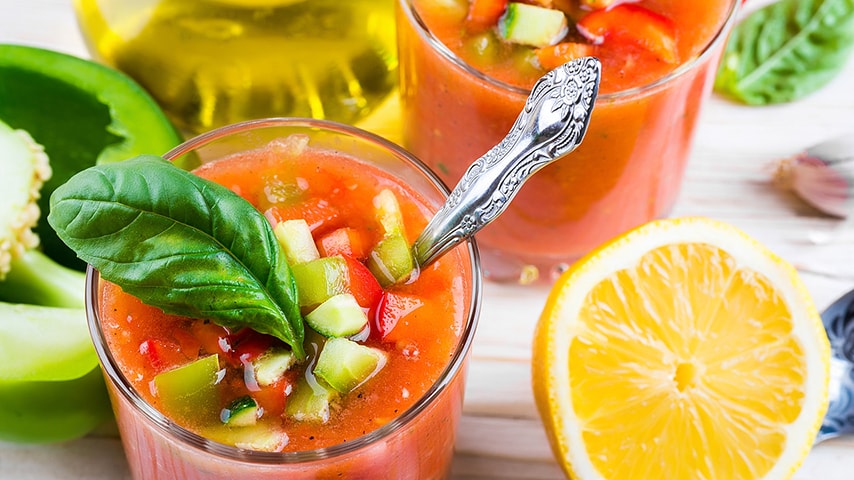
Diet plan in hypertension
High blood pressure (hypertension) is a major risk to many heart and kidney diseases. It is one of the most prevalent chronic conditions throughout the world and can be improved by dietary and lifestyle changes.
Introduction
Hypertension (HT) is the most common health problem in the world. According to WHO recommendations, the blood pressure of 140/90 mm of mercury or above it in an adult is to be considered as hypertension. It results in blockage of arteries by directly producing injury due to a mechanical stress on the endothelial cells (the lining of arteries), due to which heart has to work harder against the resistance caused by the blood vessels. Hypertension is the major risk factor for
- Cardiovascular Disease (like stroke, angina, myocardial infarction, heart failure and left ventricular failure)
- Renal disease
- Retinopathy
Dietary guidelines
- Weight should be maintained to your expected ideal body weight.
- Have well balanced diet which is low in fat & salt and high in fruits and vegetables.
- Have plenty of plant based foods which are high in fiber, as it plays a central role in normal regulation of blood pressure.
- Exercise should be an integral part of your life.
- Consumption of salt should be no more than 6gm/day (1 tsp) to prevent hypertension.
- Cook foods with little salt as possible and refrain from adding salt at table.
Lifestyle modification
The first line of treatment for hypertensive patient should be
- Have healthy diet
- Regular exercise
- Smoking cessation
- Relaxation therapies
Foods allowed
- High fibre foods like whole cereals, whole pulses, sprouts, all fruits and vegetables.
- Low fat substitutes like skimmed milk and its products i.e. curd, paneer, lassi, butter milk. Low fat meats like chicken, fish, egg white.
- Food rich in soluble fibres like fenugreek seeds, curry leaves, coriander seeds, coriander and mint leaves.
- Use flavouring or seasoning foods like cardamom, cinnamon, lemon juice, ginger, garlic, vinegar, tamarind, vanilla essence and others
Foods avoided
- Pickles, chutneys, sauce and ketchup. (Brine)
- Papads, chips and salted biscuits. (Sodium Chloride)
- Bakery foods. (Sodium Bicarbonate)
- Frozen foods. (Monosodium Glutamate)
- Cheese and salted butter. (Sodium Propionate)
- Canned vegetables and preserved foods. (Sodium Benzoate)
- Canned and bottled citrus drinks (Sodium citrate)
- Readymade soups, vegetables.
- Dried salted fish
- Dried fruits (Sodium sulphite)
Foods to be taken in restricted amount
Fenugreek leaves, Spinach, Cauliflower, Beetroot, Lichi and watermelon, washed pulses, sea fish, organ meat, fatty foods like whole milk and its products, egg yolk, mutton and cooking oil.
Diet equation for calculation of calories intake
For males:
(66.47) + (13.75 * weight in kg) + (5.0 * height in cm) – (6.78 * Age in years)
For females:
(655.10) + (9.56 * weight in kg) + (1.85 * height in cm) – (4.68 * Age in years)
Sample menu according to Indian diet
Approx total calories:
Energy 1800 Kcal, PROTEIN 67 gm, Carbohydrates 300 gm, Fats 35gm
Early morning:
Energy 55 Kcal, Protein 0.8gm, Fat 0.8gm, CHO 22gm
- Lemon water (1 glass) or Tea/Green tea/lemon tea (1 cup)
Breakfast: (with a gap of 1 hr)
Energy 270 Kcal, Protein 6.6gm, Fat 5.5gm, CHO 40gm
- Skimmed milk-1 cup (200 ml) with daliya/oats/wheat flakes or stuffed chappati (1) with skim milk curd (1 bowl) or Veg snacks like oats poha/veg daliya/Rice poha/Nutri poha/Vermicelli (1 quarter plate)
Mid morning: (with a gap of 2 hrs)
Energy 38 Kcal, Protein 2gm, Fat 2.5gm, CHO 30gm
- Lemon water/Butter milk/Veg juice (1 glass) or Fruit (1)
Lunch: (with a gap of 2 hrs)
Energy 470 Kcal, Protein 18gm, Fat 8gm, CHO 75gm
- Salad- 1 bowl
- High fibre chappati (1 to 2)
- Boiled Rice 1 bowl (raw 25 gm)
- Cooked Vegetable (1 bowl)
- Skim milk curd/cooked dal/Paneer veg/chicken/fish (1 bowl)
Evening tea: (with a gap of 2 to 2 ½ hrs)
Energy 145 Kcal, Protein 5.8gm, Fat 2.2gm, CHO 38gm
- Tea/Green tea (1 cup)
- Sweet biscuits (2) or Roasted Channa (25gm) or puffed rice/wheat (10gm)
Pre-dinner: (1 to 1 ½ hr before dinner)
Energy 85 Kcal, Protein 2.5gm, Fat 0.5gm, CHO 18gm
- Clear Soup (1 bowl) or Fruit/veg crush (1 bowl)
Dinner: (3 hrs before bedtime)
Energy 370 Kcal, Protein 10gm, Fat 8gm, CHO 50gm
- Salad (1 bowl)
- High fibre chappati (1or2)
- Cooked vegetable (1 bowl)
- Skim milk curd/cooked dal (1 bowl)
Post dinner: (1 hr before bedtime)
Energy 180 Kcal, Protein 7.25gm, Fat 4.5gm, CHO 25gm
- Skimmed milk (1 cup) or fruit custard (1 bowl)

Add a comment